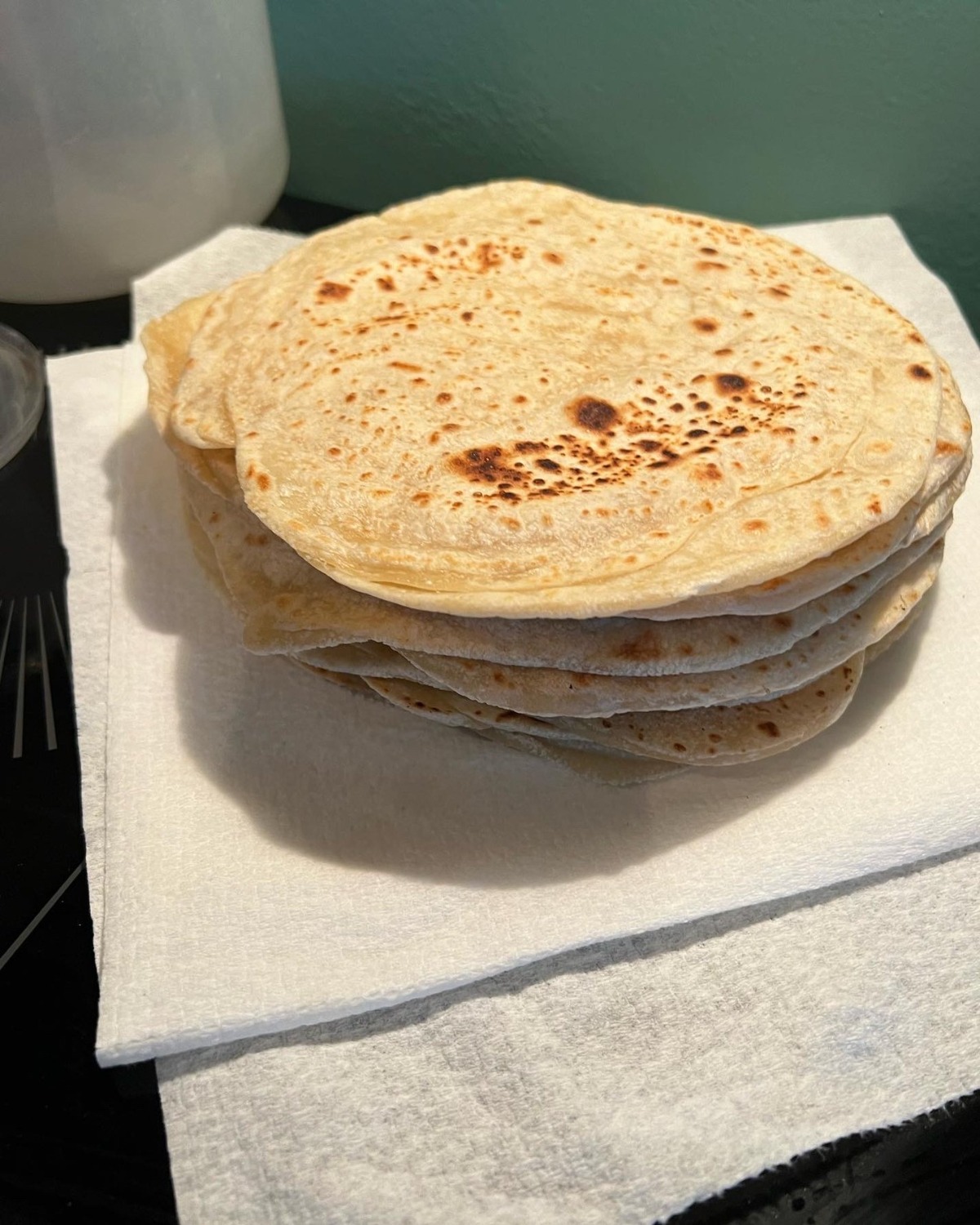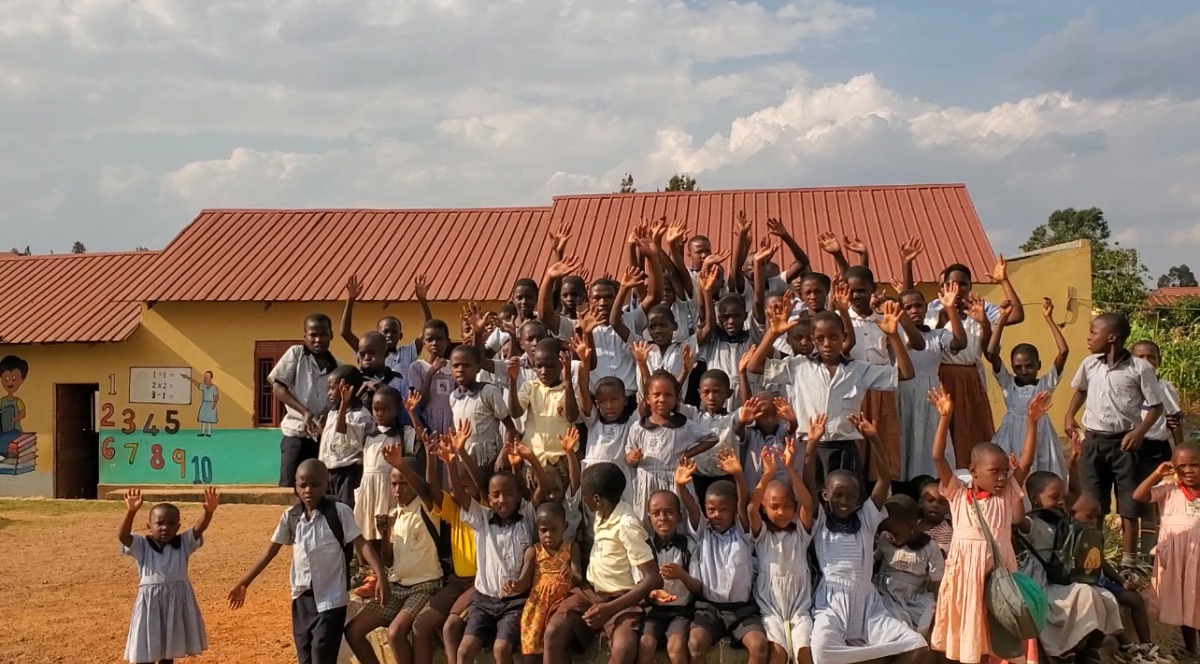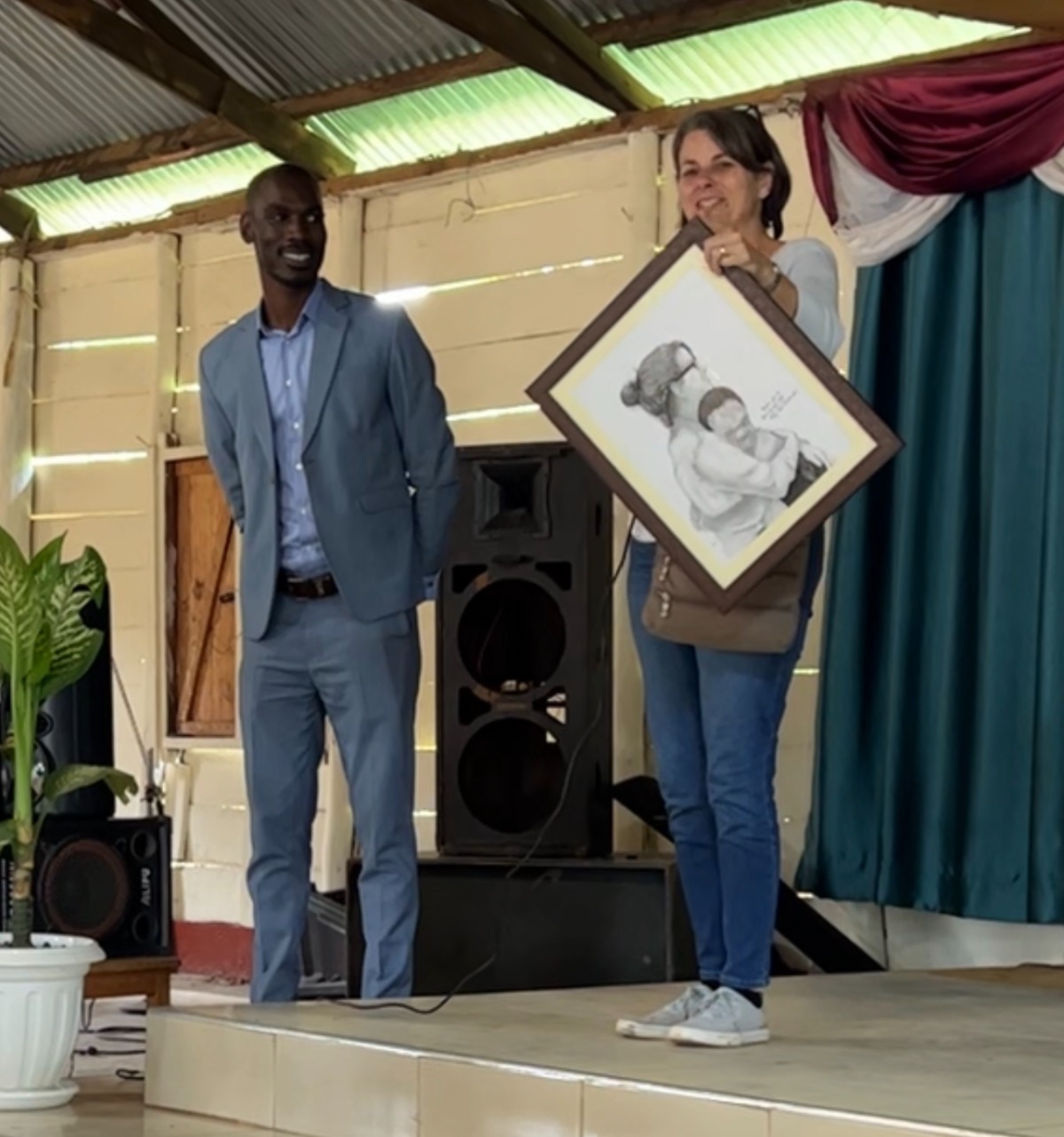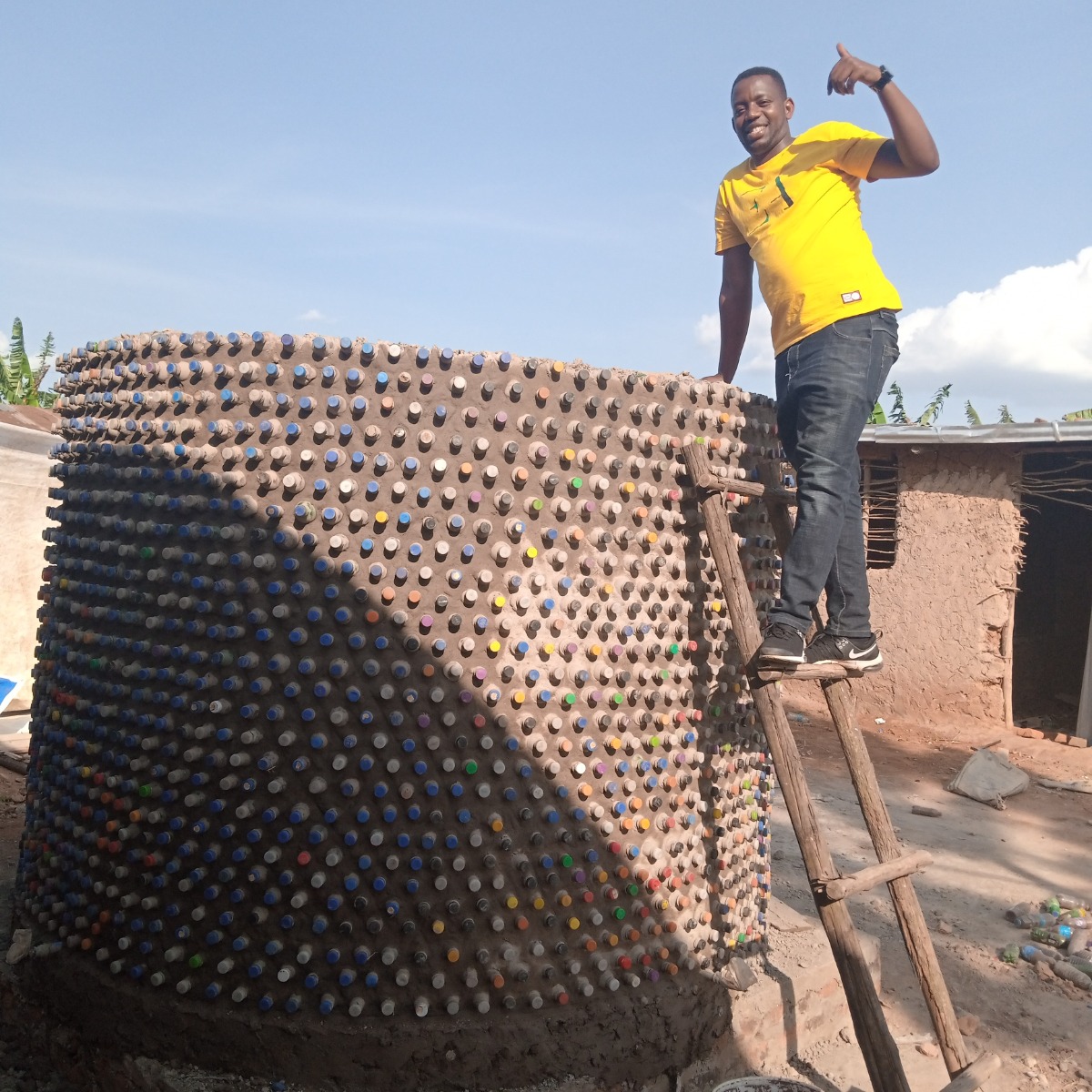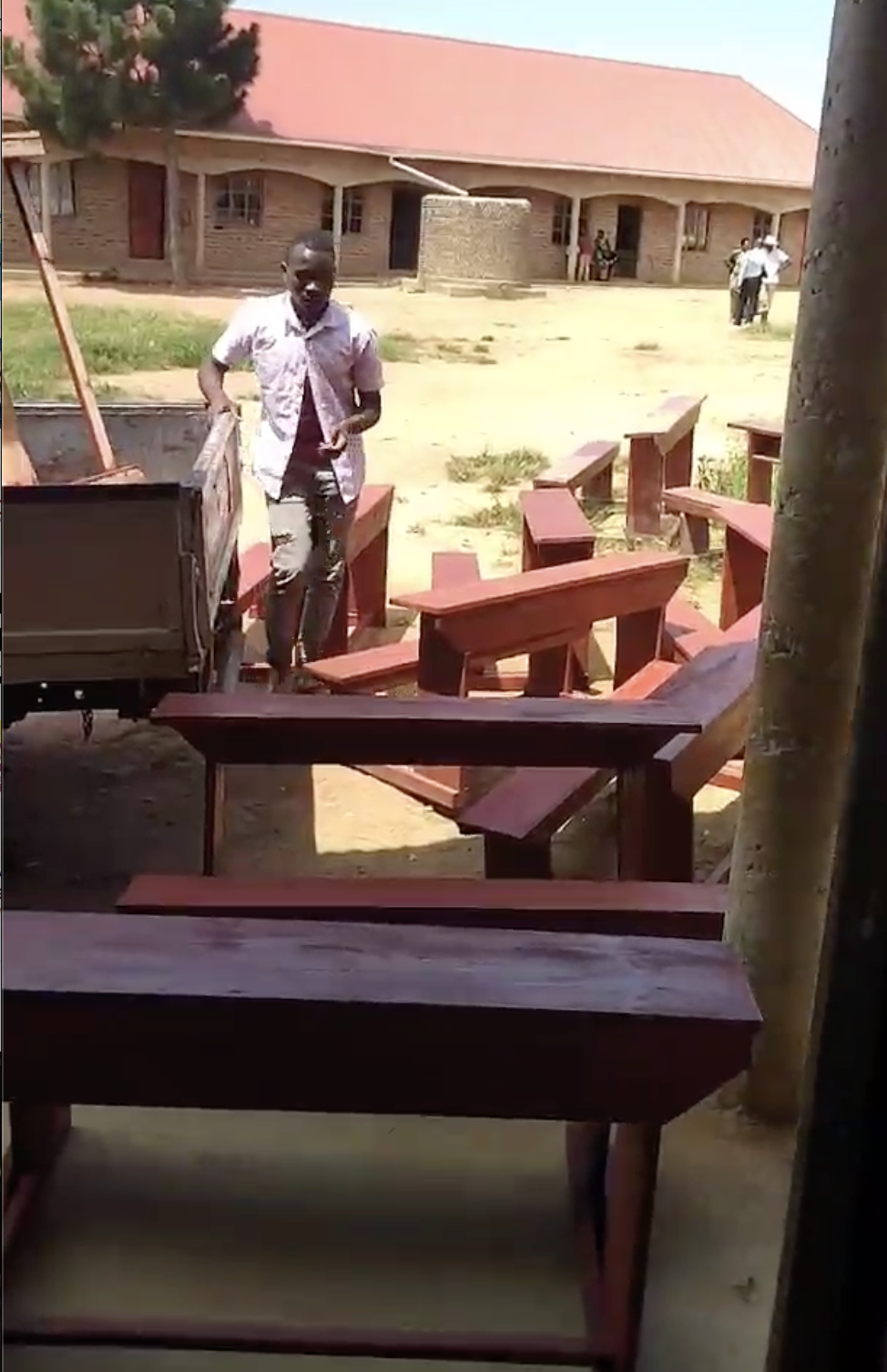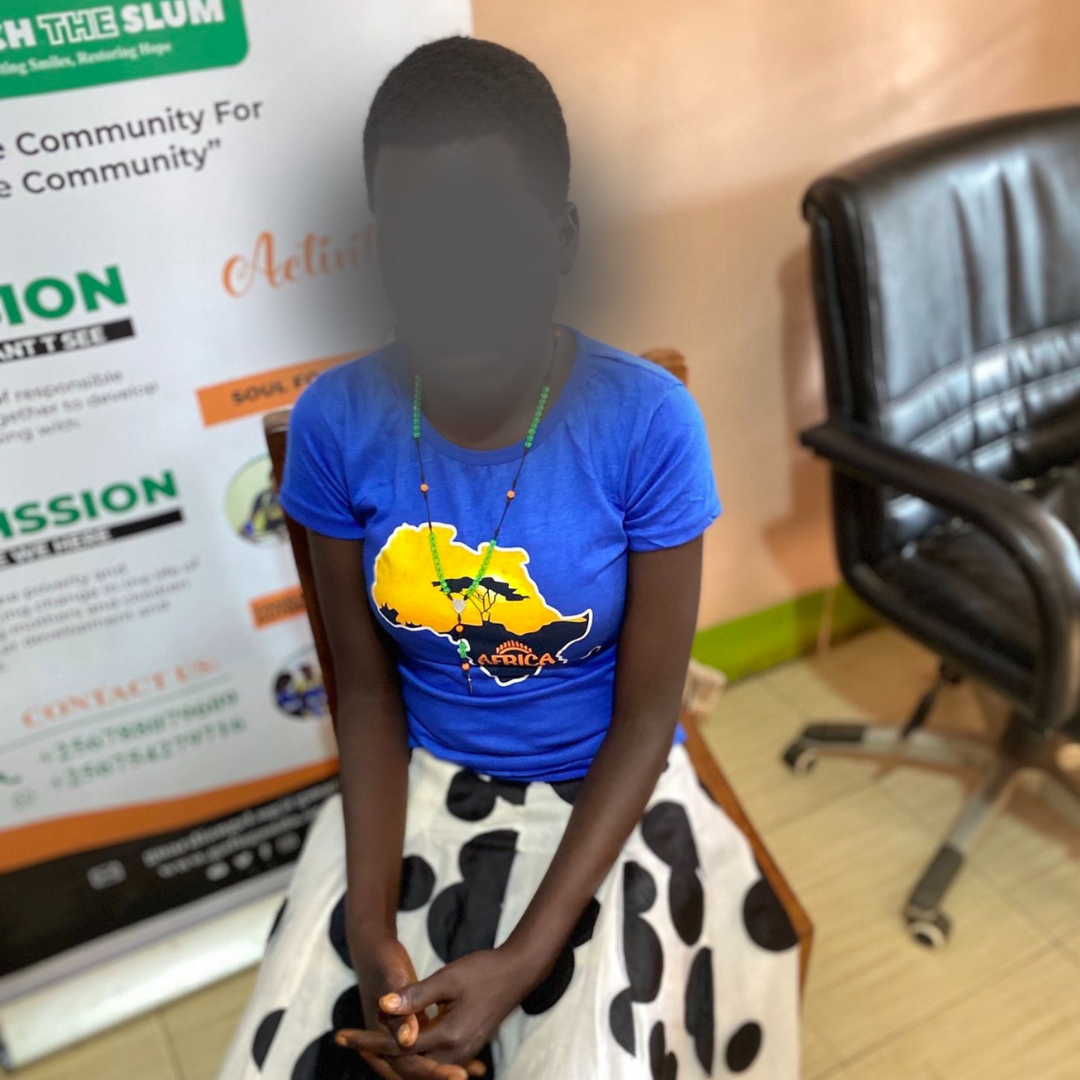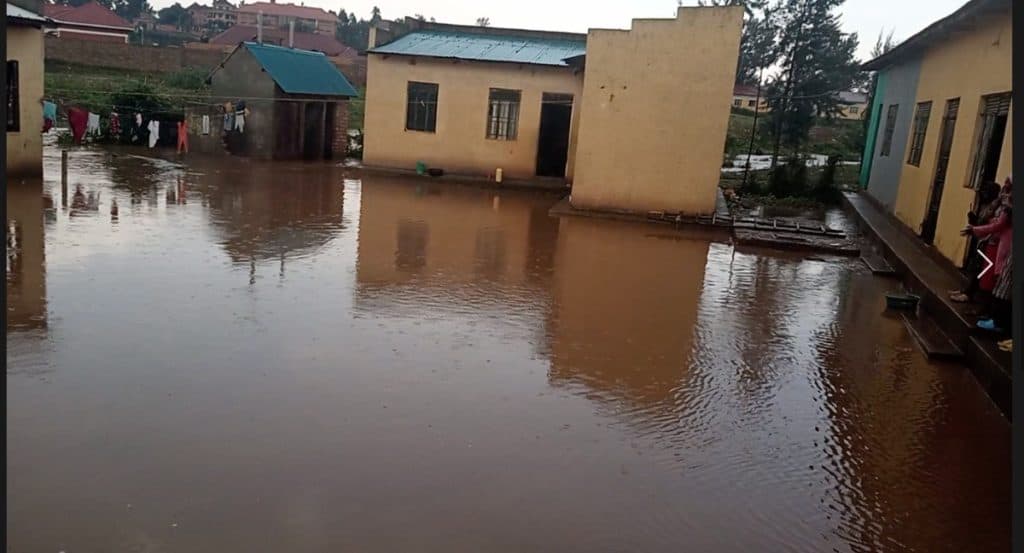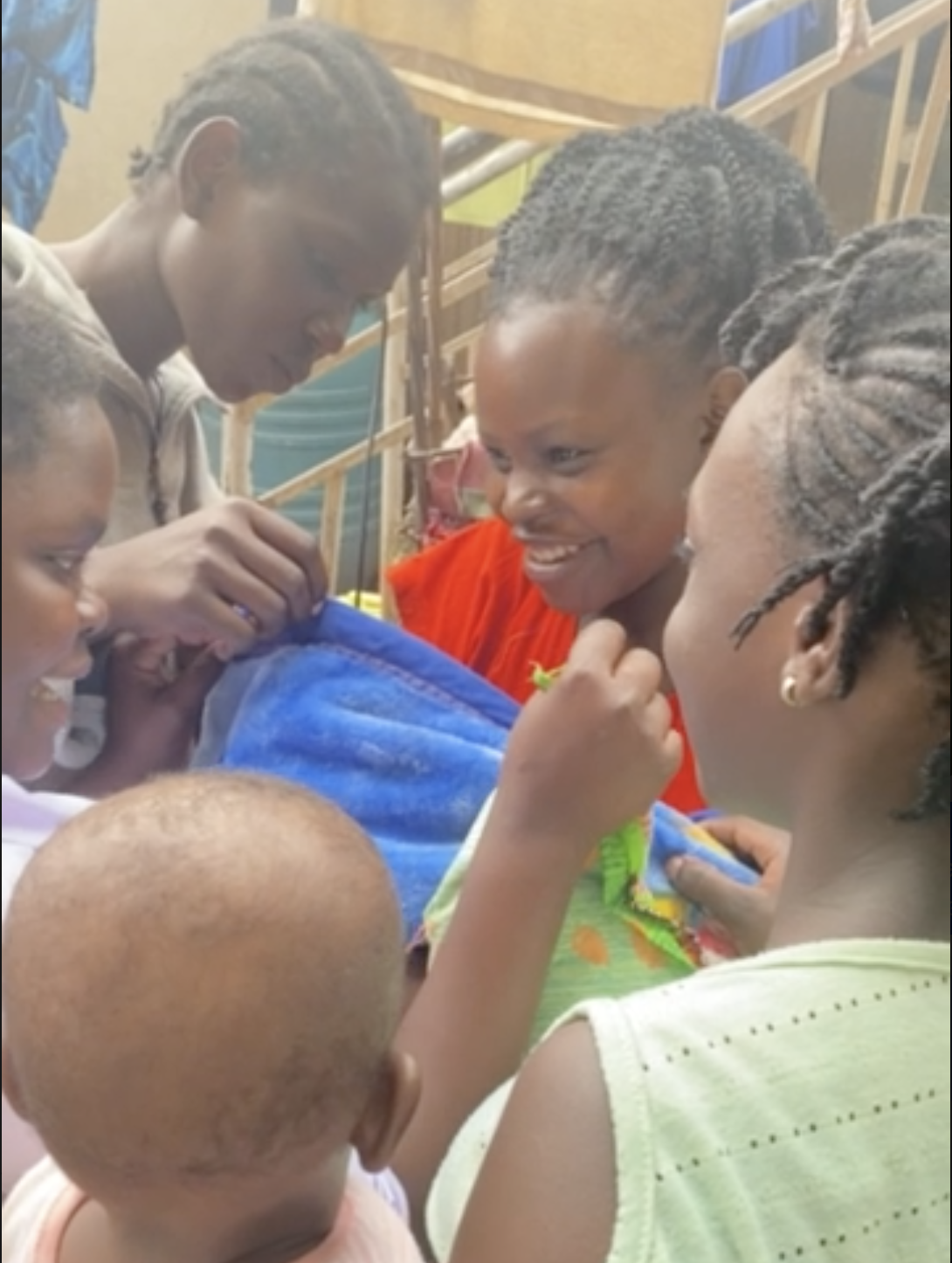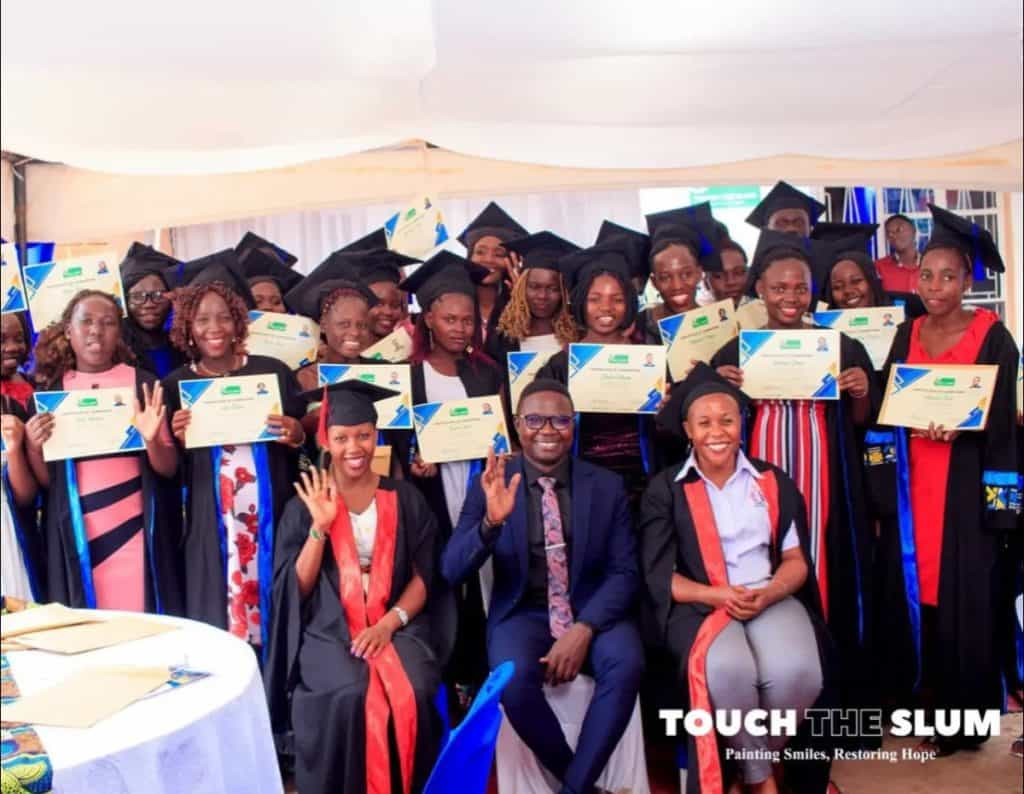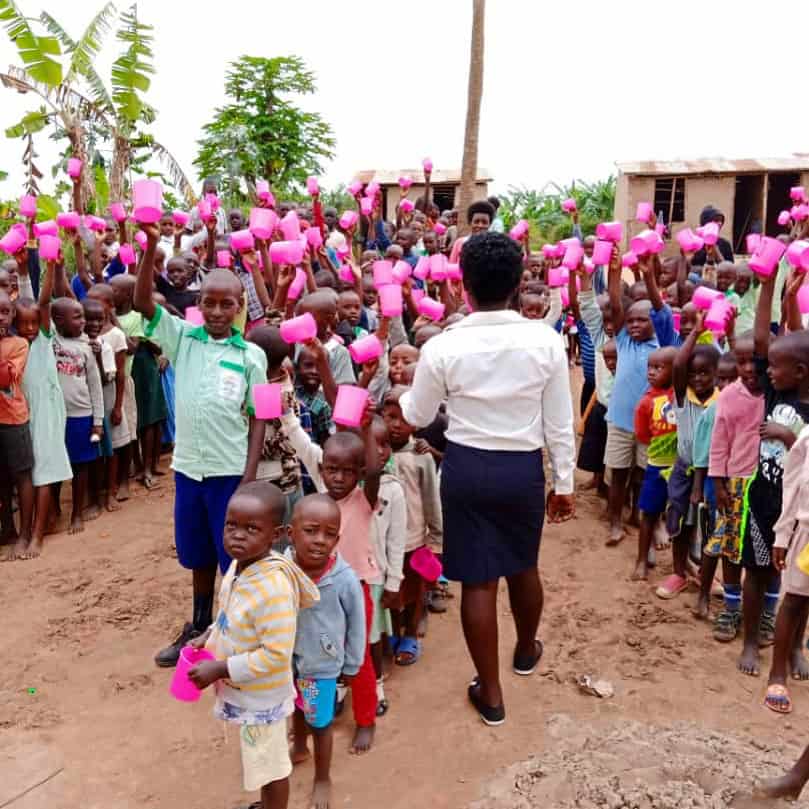When your bed is dirt

The older I get, the more I appreciate a good mattress (and grumble about a bad one!). One of the things I appreciate about Kampala Forest Resort, where I always stay when in Uganda for work, is that they have *real* mattresses, and not just large pieces of cut foam. Quality sleep is underrated!
As you can see from the photo, our kindergarden class at Wells of Hope naps on the dirt floor of the classroom. These kids go to school for TWELVE HOURS! (Yes, at 3, 4, and 5 years old!)
I know what you’re thinking, and (as a retired homeschool mom) I think that, too. But let me tell you why I don’t get too agitated by it:
- These kids get a meal at school every day, but do not get a meal at home every day.
- Their parents work in their fields or at another job from sun up to sun down, often leaving children as young as 2 at home alone or in the care of marginally older siblings for all that time.
- Extreme poverty, rampant untreated diseases like syphilis which can effect the brain, and alcohol abuse with homemade waraji (moonshine) often lead to abuse.
So. Am I okay with kids this young going to school for twelve hours and taking naps in the dirt? In principle, no. In practice, based on the above issues in their homes… yes.
And remember, many of their homes look like this. See that little toddler in front? He/she was there alone… there were no adults around.

All that is to say, we have a project coming up to purchase small foam mattresses for these children to sleep on during their naps. It’s going to be too large of a project to post all at once on DonorSee, which only allows one project of over $500 at a time. The mattresses are about $10/ea.
If you’d like to contribute to this project, please make a donation through Donorbox using the button below, and we will tag that donation for the mattress project.
We so appreciate all you do for the impoverished kids in our programs!
Mwebele mnonga!
Jennings
PS Did you know we have tee and sweatshirts available on our Bonfire store? Just in time for spring! As a registered 501c3, we get about 20% of the purchase price, so it’s a win win!

